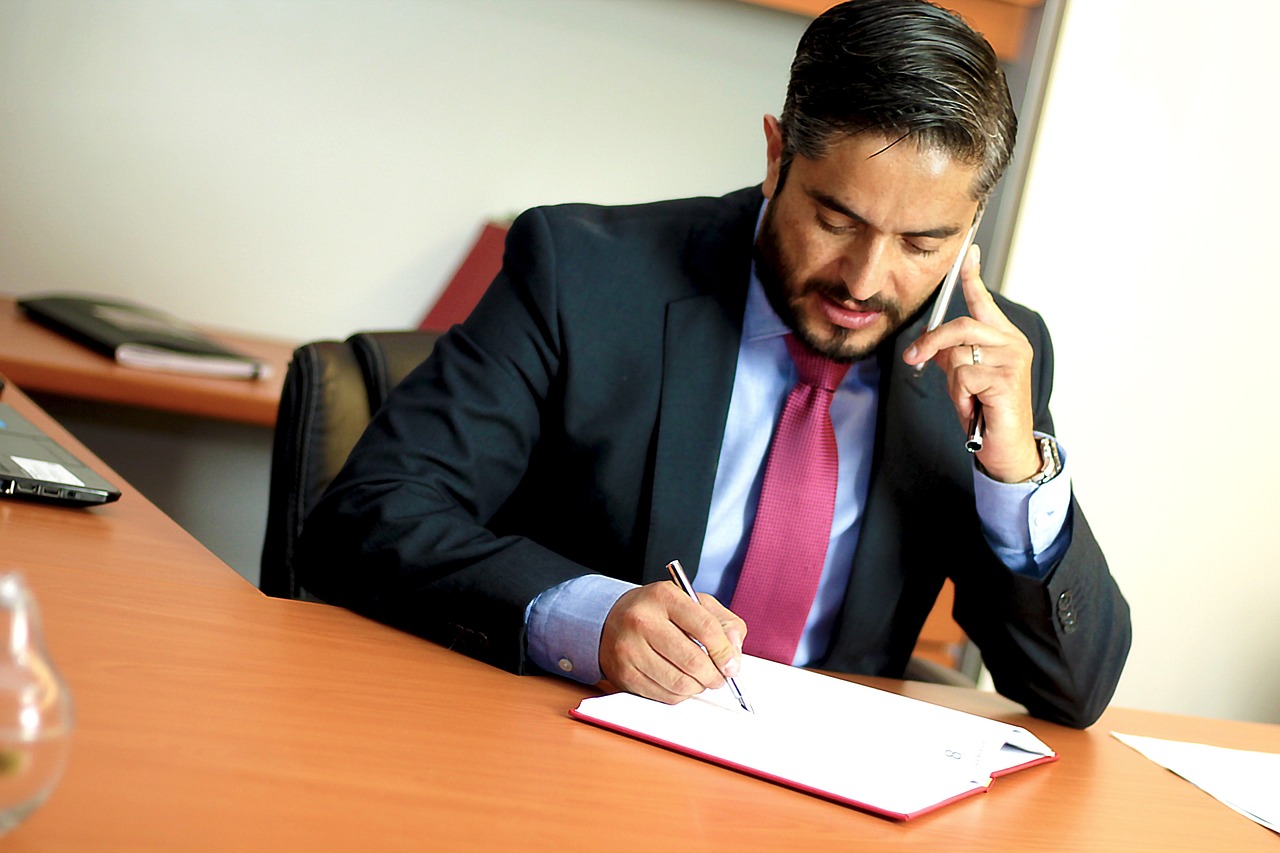A lot of people would have heard of a Power of Attorney. Many, however, do not fully understand the purpose and function of such a document, and the different types of Powers of Attorney.
This article explains what a Power of Attorney is, and why making a Power of Attorney is often recommended by lawyers. It also explains the difference between a General Power of Attorney and an Enduring Power of Attorney. The information is general only. If you are considering making a Power of Attorney or want to know more, we strongly recommend obtaining professional advice tailored to your circumstances.
What is an Enduring Power of Attorney?
An Enduring Power of Attorney is a legal document allowing someone to make decisions for you if you become incapacitated.
What is a Power of Attorney and What Does it do?
A Power of Attorney is a legal document that you can make to authorise another person to handle certain legal and financial affairs in a range of specified circumstances. It is of practical benefit in situations such as when you are travelling overseas, you need greater assistance managing your affairs due to age or health, or because of an unexpected accident.
In the Power of Attorney document, the person making the appointment is known as the ‘principal’ (or donor) and the person being appointed is known as the ‘attorney’.
The appointment of an attorney enables that person (or people) to act in your place, and do the things you would normally do yourself, such as signing documents, paying bills, and transacting on your bank accounts. The person you choose as your attorney is authorised to stand in your shoes when you wish for them to look after your affairs. Your appointed attorney/s can enter into agreements in your name and on your behalf.
As a result of the power of appointing an attorney, it is critical to select the right person to act in that capacity. Your attorney must be over 18 years old and be someone whom you trust and who will act in your best interests. Your attorney should also be capable of carrying out the functions authorised under the Power of Attorney.
Difference Between a General Power of Attorney and an Enduring Power of Attorney
Not all Powers of Attorney are the same.
A General Power of Attorney is a legal document that gives the attorney the authority to make decisions about financial and legal matters on behalf of the person who appoints them. This power lasts only for as long as the principal has mental capacity and ceases to operate if the principal loses the capacity to make decisions. A General Power of Attorney is often used for convenience, for example, so an attorney can manage certain matters while a principal is travelling overseas.
An Enduring Power of Attorney is similar to a General Power of Attorney except that the power continues, or endures, in the event that the principal loses capacity.
When making an Enduring Power of Attorney, the nature and effect of the document must be explained to the principal by a prescribed witness, that is, a lawyer.
An Enduring Power of Attorney becomes void if the principal dies.
When Does the Attorney’s Power Begin?
You may nominate when your attorney’s power is to begin. This might be immediately or on the happening of a certain event. You can also put conditions on when it commences, for example, when a letter is produced from a medical practitioner confirming that you need help. It is important to note that even if you give your attorney power immediately, you may also continue to make decisions yourself while you have the capacity to do so.
What Happens if You Lose Capacity Without Having a Power of Attorney?
Loss of capacity to make decisions is not something most people like to think about. However, if you do not have an Enduring Power of Attorney in place and you become incapacitated, you will be unable to manage your financial affairs. It is too late then to have a lawyer prepare such a document as you would not have the legal capacity to understand and sign it.
The difficulty is that no person automatically has the right to manage your assets – not even your spouse. This can cause significant issues and distress during a difficult time, impacting financial decision-making in matters such as your bank accounts, your jointly owned home, shares or other assets or liabilities.
To have decisions made in these circumstances would usually require an application to the NSW Civil and Administrative Tribunal (formerly the Guardianship Tribunal).
The applicant, usually a family member, would apply to become your financial manager. However, this is subject to that person being deemed ‘fit’ to do so by the Tribunal. Failing this, the Tribunal may appoint the NSW Trustee and Guardian to manage your affairs. If the NSW Trustee and Guardian is appointed, your spouse, partner or family may need to consult with a government department to deal with your ongoing financial decision-making.
Summary
Today, Powers of Attorney are often used as a precautionary step by sensible adults rather than as a stop-gap measure for an overseas trip. Professionals such as accountants, financial planners and lawyers often recommend that clients of all ages and walks of life make an Enduring Power of Attorney to prevent their assets from being locked up should they lose legal capacity, and to minimise stress for their loved ones.
If you or someone you know wants more information or needs help or advice, please call 02 9150 6991 or email ad***@**********om.au.

